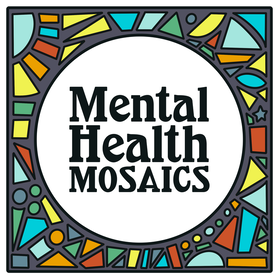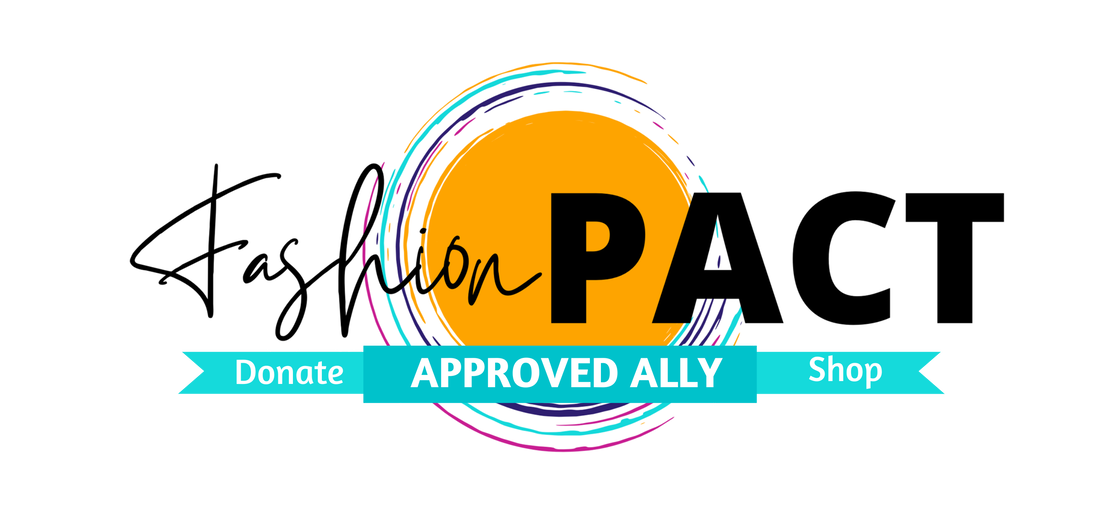Subscribe to Mental Health Mosaics!
Subscribe to the podcast now!
Mental Health Mosaics focuses on ten topics chosen by our advisory board, a diverse group of people with varied life experiences. Some have mental health conditions themselves or have experienced houselessness. Others are healers and are exploring mental wellness as something more than a clinical issue. Each brings their own expertise and perspective.
We will explore each of these topics through art, engagement, and in-depth podcasts that focus on conversations with people with lived experience. After producing the podcast episodes for a topic, you can check out the topic page along with additional resources, creative prompts, artworks, poetry, and more. You can get the podcast delivered to you instantly by subscribing on any podcast platform!
We will explore each of these topics through art, engagement, and in-depth podcasts that focus on conversations with people with lived experience. After producing the podcast episodes for a topic, you can check out the topic page along with additional resources, creative prompts, artworks, poetry, and more. You can get the podcast delivered to you instantly by subscribing on any podcast platform!
The Topics
|
Breaking the Silence
The first step in normalizing conversations around mental health is breaking the silence. In this episode we'll hear from people about why they are breaking their own silence around mental health, how to start the conversation, and what to do if you see someone in crisis. Learn more here. Colonization, systemic inequities, and mental health treatment The behavioral health system does not work for everyone, especially those who are Black, Indigenous, and People of Color. Many ideas about therapy are predicated on white cultural norms and individualized health. Colonizers and Western religious leaders intentionally attempted to crush Indigenous ideas about wellness and healing. This topic explores how colonization, racism, and white supremacy culture shaped mental health treatment, how mental health is affected by larger systemic inequities, and what people are doing to change that. Learn more here. Identity and mental wellness How we see ourselves and how others treat us based on things like race, gender, how we dress, and many other aspects of our identities directly affects our mental health. Trying to figure out our individual and group identities can be really hard. During the podcast episode we explore how internalized oppression and values systems affect how we interact with the world around us. Artist Lauren Stanford talks exploring her identity through art and achieving mental wellness. Learn more here. Houselessness and mental health People who are houseless are significantly more likely to experience severe mental illnesses and trauma than those with consistent housing. Some of those conditions are exacerbated by being on the streets. So what can be done to support people in those situations? What are the myths surrounding mental health and houselessness? In the podcast episode we learn from two people's personal experiences entering and getting out of houselessness. Learn more here. Emergency response systems Imagine having a mental health crisis and breaking down in public. Police officers arrive in full uniform. No matter what their intention, their presence and their weapons are triggering. But the people trying to help you had no one else to call. That system is shifting in Alaska with the development of new Mobile Crisis Teams and the Crisis Now model. Instead of calling law enforcement people can call trained providers to help deescalate the situation. This episode will explore what changes are happening to emergency response systems and where different Alaska communities are in the process. Learn more here. Preventing and healing from suicide Open and direct conversations about suicide can help prevent it from happening and help people heal if someone does complete suicide. This episode focuses on personal stories and professional advice on how suicide affects families, how to talk about the topic, and how to heal. Learn more here. Understanding being diagnosed Being diagnosed with a mental health condition can be both validating and terrifying. It can help you understand what’s happening or make you feel marked. This topic includes conversations around what it means to receive a diagnosis, how to deal with having a label, advocating for yourself, and seeing yourself as a whole person. We’ll also touch on dual diagnosis, self-diagnosis, and peer support. Learn more here. Intergenerational conversations about mental health How do you talk to your kids about mental health? How do you talk to your parents? How people view mental health has evolved over time as has how we talk about it. This episode features different ways broach these conversations through cultural activities in southwest Alaska and through a couple's very personal exploration. Learn more here. Youth mental health Social pressure, academic expectations, and family relationships. Young people are juggling a lot of stressors as their brains develop and they try to find their place in the world. How do we support them? What do we teach about mental wellness so youth can support themselves? How do young people get their parents to take them seriously? This topic explores mental health from a youth perspective and how it’s different from the concerns of adults. Alaska Native Traditional Healing Before settlers and missionaries colonized Alaska, many different cultures had traditional healers. With the advent of Christianity and Western medicine, traditional healing became taboo and healers were seen as mentally ill. Through an interview with a healer, we will explore the history of traditional healing from one perspective. |
Subscribe to the podcast!
Subscribe!



